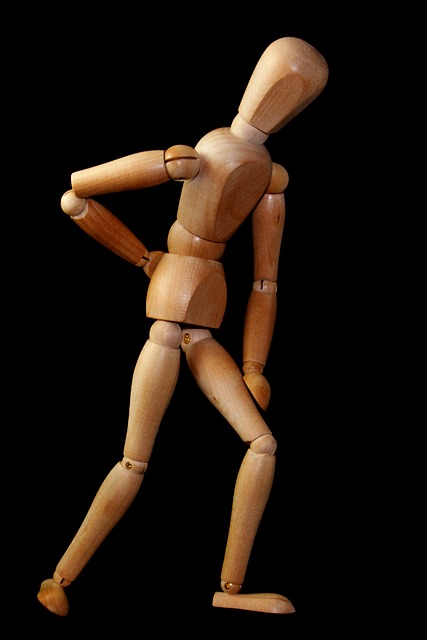If you are experiencing a huge amount of back pain, there is a chance that you could have one or more herniated discs. The spinal cord connects several bones, or vertebrae, up your back. In between these bones are discs, which cushion the bones from daily activities like walking, lifting, or stretching. If one of these discs slips, or herniates, then your bones do not have the name level of cushion, which can cause extreme pain in even the most mild cases.
While it is important to stress that if you have back pain, you should always talk to a licensed physician before taking any steps, we think it is good to know what your problems might be going into a doctor’s appointment. Here are three questions you can ask to detect whether or not you might have a herniated disc:
- Are you part of a demographic that has a higher chance of herniating a disc?
While anyone can get a herniated disc, there is a much higher risk of herniated disc injuries for the following people: people who work in a physical setting, overweight people, and people over the age of 50. Herniated discs have two general causes: general wear and tear or sudden changes in motion. For people who are overweight, working in a physical setting, or aging (or all three), wear and tear can really take its toll on their back. The constant pressure discs have to absorb are increased with weight and age, as well as how often they are used. On top of this, if you are older or overweight, a sudden movement in the wrong direction can easily cause a disc to slip. Since people working in physical labor make much more movements than the average person, their risk of a sudden herniated disc is much higher.
- Where is your pain located?
Herniated discs, much like many spinal cord injuries, are hard to initially diagnose because many of the symptoms are spread across your body. If you have pain and numbness on one side of your body, pain when you make a certain movement, or pain that extends to your arms or legs, there is a good chance that your spinal cord is the reason for your discomfort. In the case of herniated discs, the pain often extends to other areas of the body, and patients are surprised to find that the real issued was with their back, not their leg or neck. The best way to describe the pain of herniated discs is fragile: if you need to be careful about every movement you make to prevent pain throughout your body, there is a chance that there is something wrong with your discs on your spine.
- How long has your pain lasted for?
Herniated discs are different from general back pain, as they often sprout up out of “nowhere.” If you wake up one day and have severe back pain, or pain around your body, there is a chance that you had a disc in your spinal cord slip. Pain from herniated discs also does not tend to go away, so if you have had problems for a few years, it is worth checking out but there is a good chance that you have something other than a herniated disc. If herniated discs go untreated for a long time, they can lead to permanent nerve damage, and loss of bladder and bowel control. Since the pain is usually insufferable at that point, most herniated disc patients receive treatment before that is a possibility.
If you have any concerns about your spinal cord health, please contact a doctor today. The earlier your problems are diagnosed, the better.

